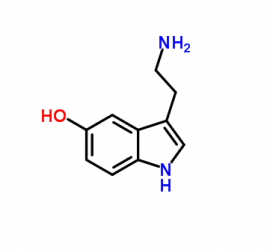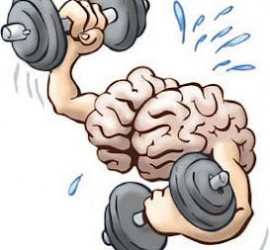Antidepressants help us understand why we get fatigued during exercise
In general, the term ‘fatigue’ is used to describe any exercise-induced decline in the ability of a muscle to generate force. To identify the causes of fatigue, it is common to examine two divisions of the body that might be affected during exercise. The central component of fatigue includes the […]




